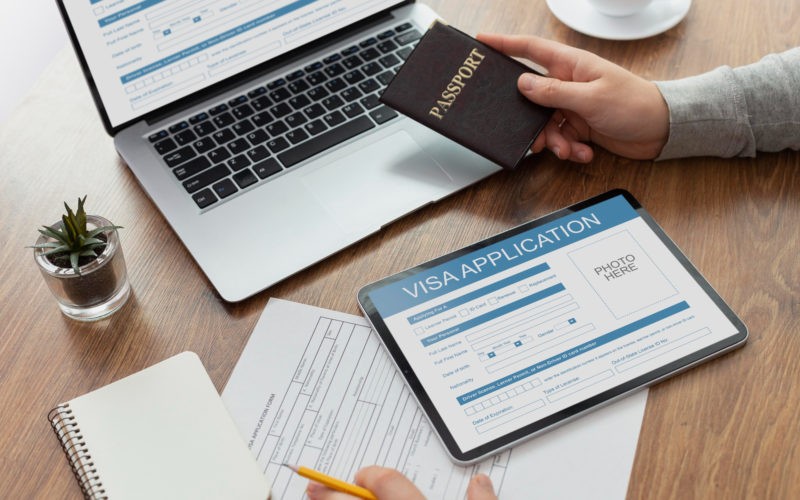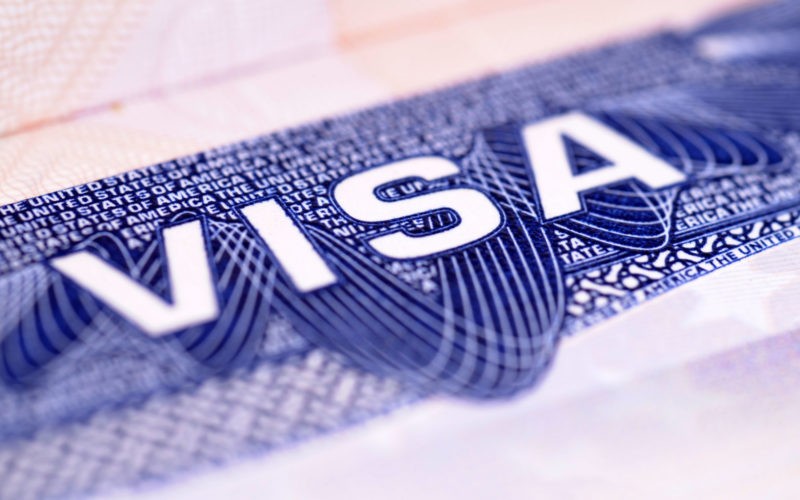The Visa 866, also known as the protection visa, is essential for refugees in Australia. It provides refuge and a pathway to citizenship. Understanding it is important so you can start fresh on the right path. Understanding these elements helps visa holders navigate their new life with confidence.
This article examines these factors with the intention of clarifying aspects that may be difficult to appreciate. Let’s explore what this visa means for you and your family. If you’re seeking information about visa 866 protection, grasping both your rights and responsibilities is essential for seamless integration.
Rights of Visa 866 Holders
There are several advantages for Visa 866 holders that support their transition into society. With these rights, you can start afresh without fear or dread.
Permanent Residency
The key benefit is permanent residency, which allows you to live, work, and study without restrictions. It also provides access to Medicare and social services, offering a solid foundation for building your future.
Work and Study Opportunities
You can work or study without restrictions, allowing you to pursue different professions and further education. These resources allow you to develop skills and add value to the community.
Social Security and Healthcare
You can access social security benefits and support services, including public healthcare through Medicare at no cost for covered services. According to the Australian Government Department of Home Affairs, these benefits ensure refugees can rebuild their lives with dignity and security.
Family Reunion
Another key right is family reunification. It allows you to sponsor eligible family members to join you in Australia, strengthening family bonding and helping with social and emotional adjustment.
Responsibilities of Visa 866 Holders
While the Visa 866 offers many advantages, it also comes with responsibilities. It is therefore important that you comprehend these obligations so as to retain the privileges that are provided by the visa.
Compliance with Laws
You must comply with all Australian laws and respect community standards. Compliance is vital so that you can retain your residence and contribute positively to society.
Update of Personal Details
It is vital to continue updating personal information with relevant authorities. Notify the Department of Home Affairs as soon as possible of any changes to address, contact details, or family circumstances. This ensures accurate delivery of services and communications.
Active Contribution to the Community
You can participate in community life meaningfully. Integrating through local events, participating in activities or volunteering allows for a feeling of belonging and the ability to give back to your new home. Such engagement can make for better social bonds and personal development.
Financial Self-Sufficiency
Achieving financial independence is an important responsibility. Visa holders are encouraged to seek employment and manage their finances responsibly. When people can support themselves without relying on public assistance, it is beneficial for both individuals and the wider community.
Language and Cultural Integration
One of the most important keys to successful settlement is adapting to the language and cultural norms. Being able to speak English helps with settling in and communicating effectively. This initiative simplifies the transition and enriches personal experiences.
Path to Citizenship
Citizenship options are available for holders of Visa 866. To qualify for citizenship, you must live in Australia for at least four years (including 12 months as a permanent resident) and demonstrate good character. There are more rights that come with citizenship, including voting rights and a deeper sense of belonging and connection to Australia.
Challenges Visa 866 Holders May Face
These advantages come with challenges for holders. However, addressing these problems will help ensure a smoother transition.
Cultural Adjustment
It can take time to adapt to a new culture. Some holders may find difficulty with differences in social norms, traditions, and daily practices. Accessing support services and community groups can make the transition easier.
Language Barriers
Language can be a significant barrier for some. Limited English proficiency can restrict employment opportunities and social connections. Language classes and regular practice can really help improve communication skills.
Conclusion
The rights and responsibilities protection visa holders possess form an important framework for successful settlement. You just have to understand and accept these things, and you can integrate and construct fulfilling livelihoods. The road might be rough with challenges along the way, but with the right support and guidance, it opens up possibilities for growth and contribution. The key is engaging with the community, respecting the law and embracing new opportunities. This balance allows visa holders to flourish in their new home.












